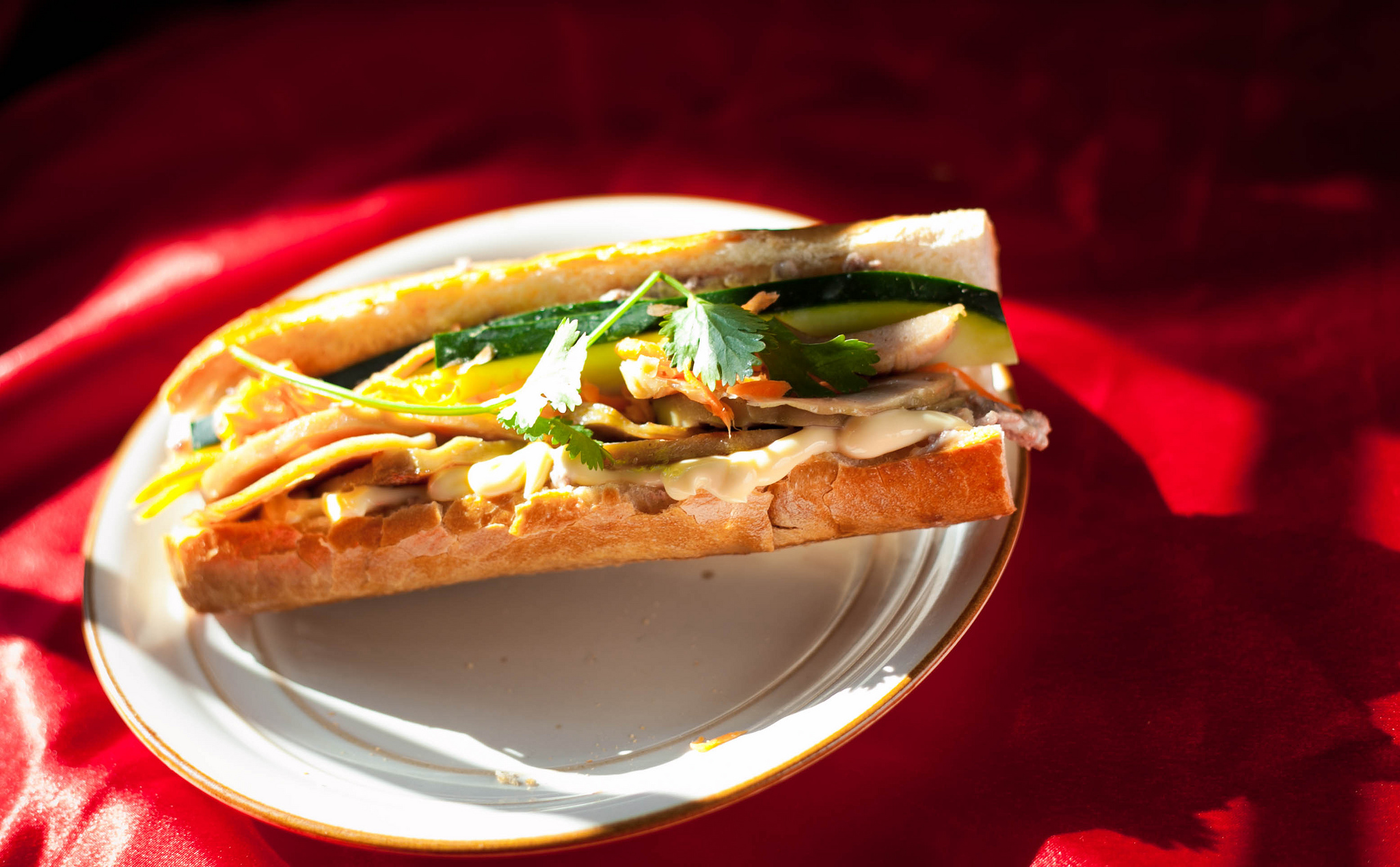5 foods to enjoy while teaching in Vietnam
Simplicity, freshness, five spice, and influences from as far afield as France are all hallmarks of the Vietnamese kitchen. The result is a medley of amazing flavors that I can barely bring myself to write about for fear of mouthwatering and tummy rumbles. Still, for the benefit of those teaching in Vietnam, I shall do my best…

Banh mi
No food reveals the long influence of the French kitchen on Vietnam quite like banh mi. Essentially a packed baguette (yep, a baguette), the dish is laden with marinated ground pork mince, a dousing of salty soy sauce, fresh cilantro stalks and even mayonnaise (the Francophone touch doesn’t stop). But just when you thought you were eating in the Latin Quarter on the Seine, you taste chili, ginger, Chinese five spice and some other curious additions that take you straight back to Southeast Asia. Served all over the country, banh mi is a real daytime staple of both travelers and locals, and a perfect treat for those teaching in Vietnam.

Goi cuon
Contrary to what you may have been lead to believe thanks to those long western menus in the Oriental eateries back home, Vietnam prefers uncooked spring rolls over those fatty, deep-fried ones you might be used to. The result is the goi cuon: a parcel of cured pork and fresh shrimp, bound together with lemongrass, beansprouts and crunchy veg, all packed into a skin of gooey rice paper. The simplicity of the dish means the dipping sauce takes prime position. So now you can see why the downtown eateries from Ho Chi Minh to Hue to Hanoi vie so fiercely for the title of the best sweet chili sides…

Pho soup
Steaming and issuing its scents throughout the cookhouses and roadside stalls from the misty highlands of Sa Pa in the north to the sun-splashed beaches of Phu Quoc in the south, pho might just be the most identifiable national dish in Vietnam. It’s made differently everywhere, with versions in the south combining cilantro and lime and chopped beansprouts to give extra freshness to their broths. In the north, some sellers still drop in the taste-bud-tingling flavors of mashed star anise and cinnamon, while everywhere will typically add the traditional noodles and pork or chicken proteins. Bad news for vegetarians, perhaps, but great for those carnivorous foodie folk teaching in Vietnam!

Cao lau
You’ll have to leave the gritty streets of Ho Chi Minh City or the backpacker bars of Hanoi far behind if you want to sample the real cao lau. Why? Well because this steaming broth of wilted green veg and succulent pork, twisted flour noodles and the occasional chili is only really made in the enchanting UNESCO town of Hoi An – that’s why. In fact, the recipe is so close to the city’s past that it’s still kept a secret; the noodles themselves are made by local families, and it’s said there’s a legendary well hidden on the outskirts of town that provides the water for that all-important broth. Cao lau is best devoured on the riversides of downtown Hoi An, where the dim glow of Chinese lanterns flickers in the canteens and salt-washed dhows drift between the French-styled dock depots.

Bun Tom Nuong Xa
Bun Tom Nuong Xa is one of those dishes that really does well to showcase the simple freshness of the seafood of Indochina. It does it by elevating that most common of ingredients – the shrimp – to the tastiest of heights. Made from a medley of vermicelli noodles and thinly-sliced veggie salad, all tossed together and topped with crushed nuts and flame-roasted shrimp (fresh from the South China Sea if possible!), it’s the perfect accompaniment to an evening on the sunny sands of Nha Trang, Hoi An or Mui Ne. Now that sounds like a nice end to a day in the classroom for anyone teaching in Vietnam, right?
Are you ready to head over to Indochina for a bout of noodles and fresh Pho? Be sure to check out our courses page for more information on the necessary qualifications for those teaching in Vietnam. Or, can you think of any more top dishes to add? We’d love to hear about them in the comments below…

